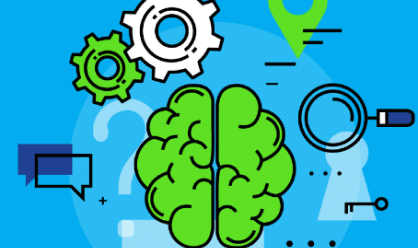
The Science of Hydration: Beyond Drinking Water
Water is essential for life. Our body is composed of 75% of water. But we often take it for granted even though it is so much important to our existence. This is why, understanding the science of hydration is crucial.
Hydration is far more nuanced than simply gulping down a cup of water when thirsty. The amount of water each of us needs to drink in a day varies. It involves factors such as age, gender, weight, environment and overall health. Understanding these factors ensures that our hydration requirements are met while also keeping us healthy.
Activities such as hitting the gym for a high-intensity workout or going for a trek can cause us to break a sweat necessitating an increase in water intake. This is because our sweat is primarily composed of water. When we sweat, we not only lose a lot of water but also some essential electrolytes like sodium and potassium. So, it becomes essential to restore these lost fluids and electrolytes to stay hydrated and support our natural bodily functions.
The environment we spend most of our time influences our hydration needs on a major level. For example, if you are someone living in a hot or humid climate, it can cause you to sweat profusely which can lead to a quick fluid loss. Increasing the fluid intake is imperative to compensate for the increased sweating rate. Failing to do so can result in dehydration, which can have some serious consequences on the human body.
Staying hydrated is not only about drinking water. Yes, water is definitely by far the greatest option for staying hydrated, but there are other sources of hydration that we can include in our meals. The water content of many fruits and vegetables can also help us stay hydrated. Nutritious foods that are high in water content, such as oranges, cucumbers, and melons, are also great water sources.
The timing of hydration is just as important as the source and quantity. You should not just drink water only when you are thirsty. Because by the time you feel thirsty, your body is already experiencing dehydration. Instead, to stay hydrated, it’s better to make it a habit to intake fluids regularly throughout the day, even if you don’t feel thirsty at that time.
Beyond only keeping oneself from being dehydrated, proper hydration also helps to maximise performance and promote overall health and well-being. Research has demonstrated that maintaining adequate hydration improves mental and physical performance, controls body temperature, promotes healthy digestion, and even helps with weight management.
Maintaining optimal health and well-being requires an understanding of these factors and the adoption of proper hydration practices. So, next time you reach for a glass of water, remember that you’re not just quenching your thirst; you’re nourishing your body and supporting its vital functions.
Happy hydrating!


